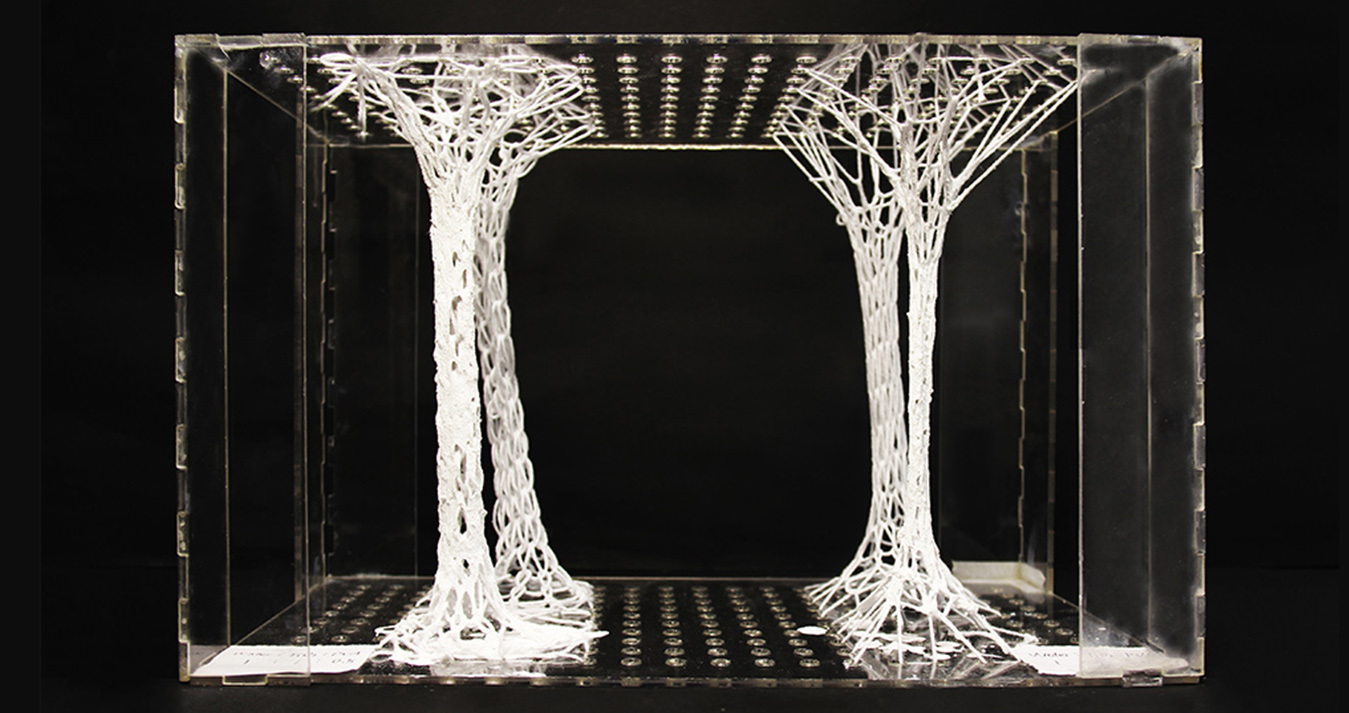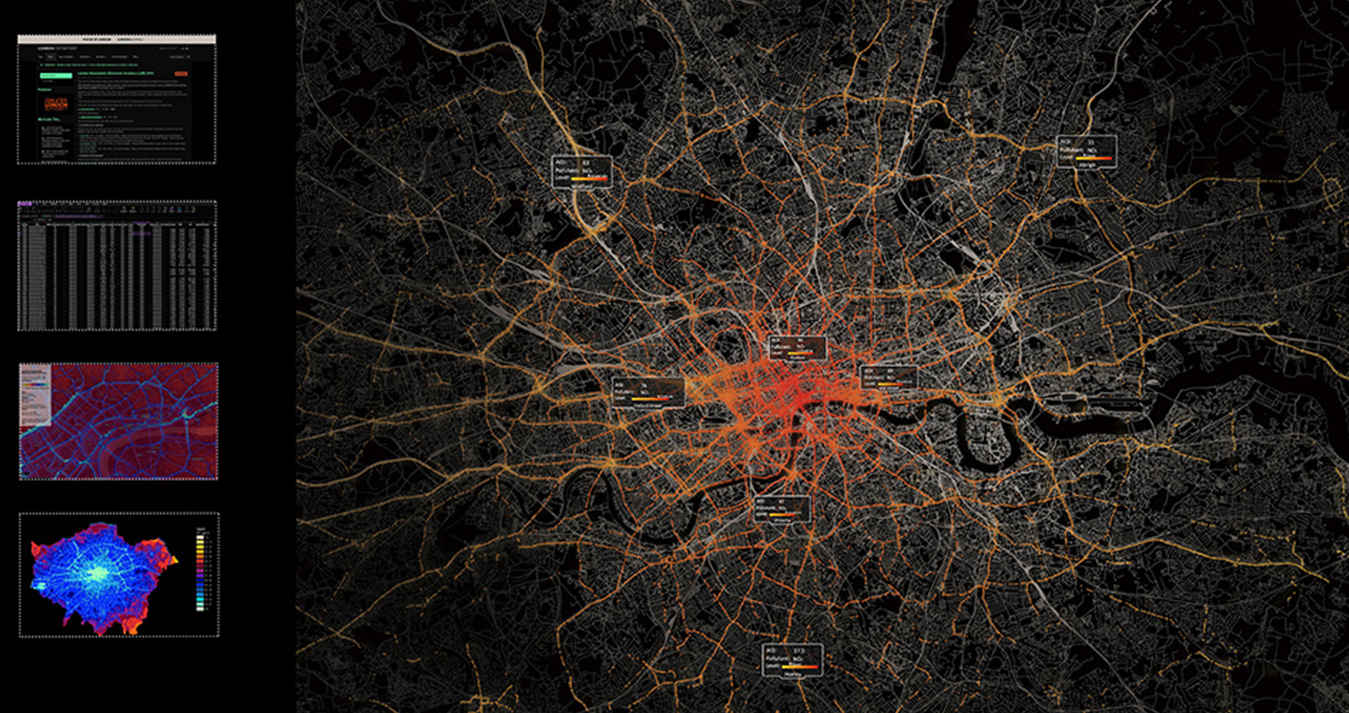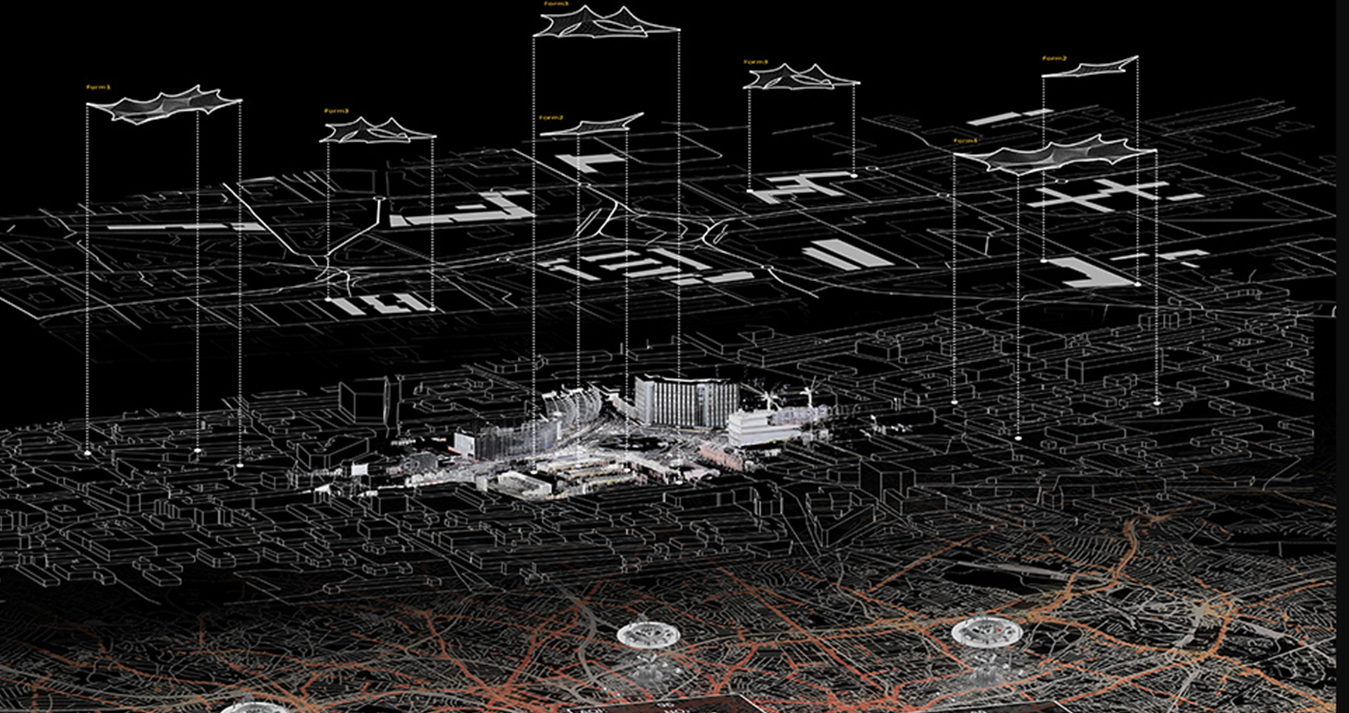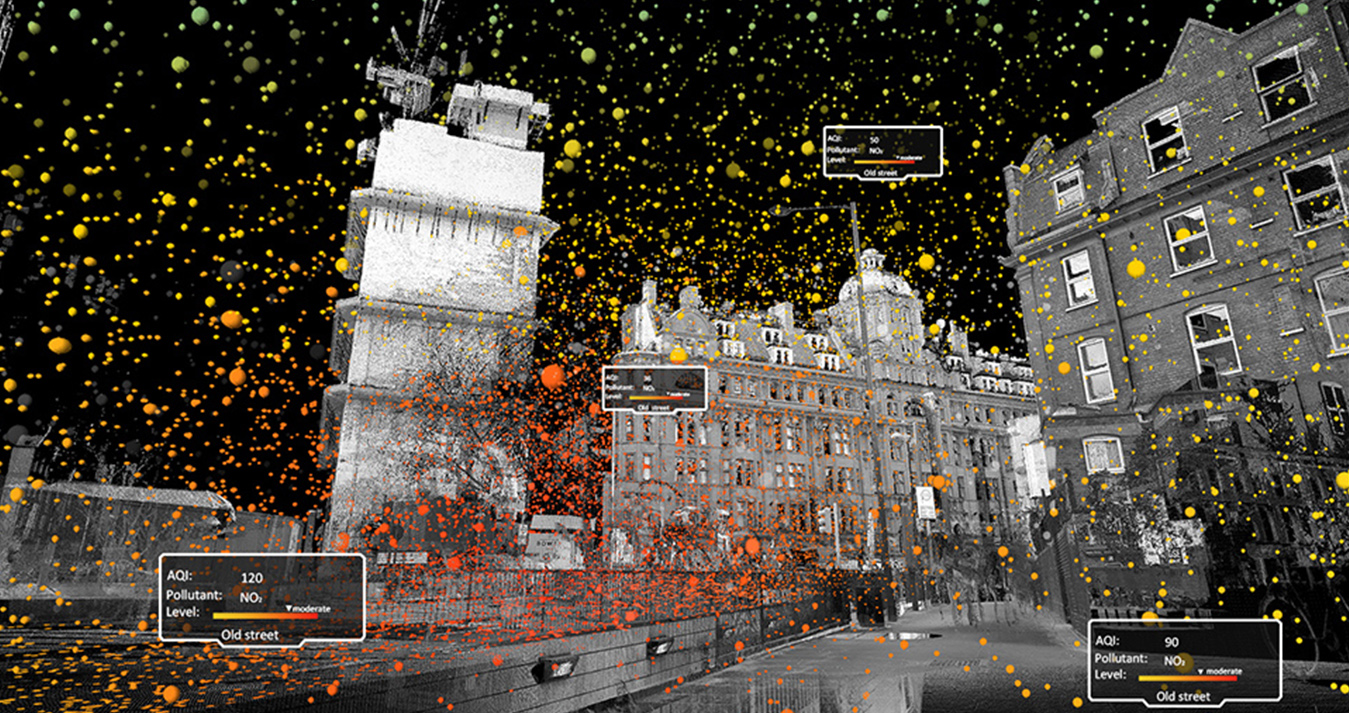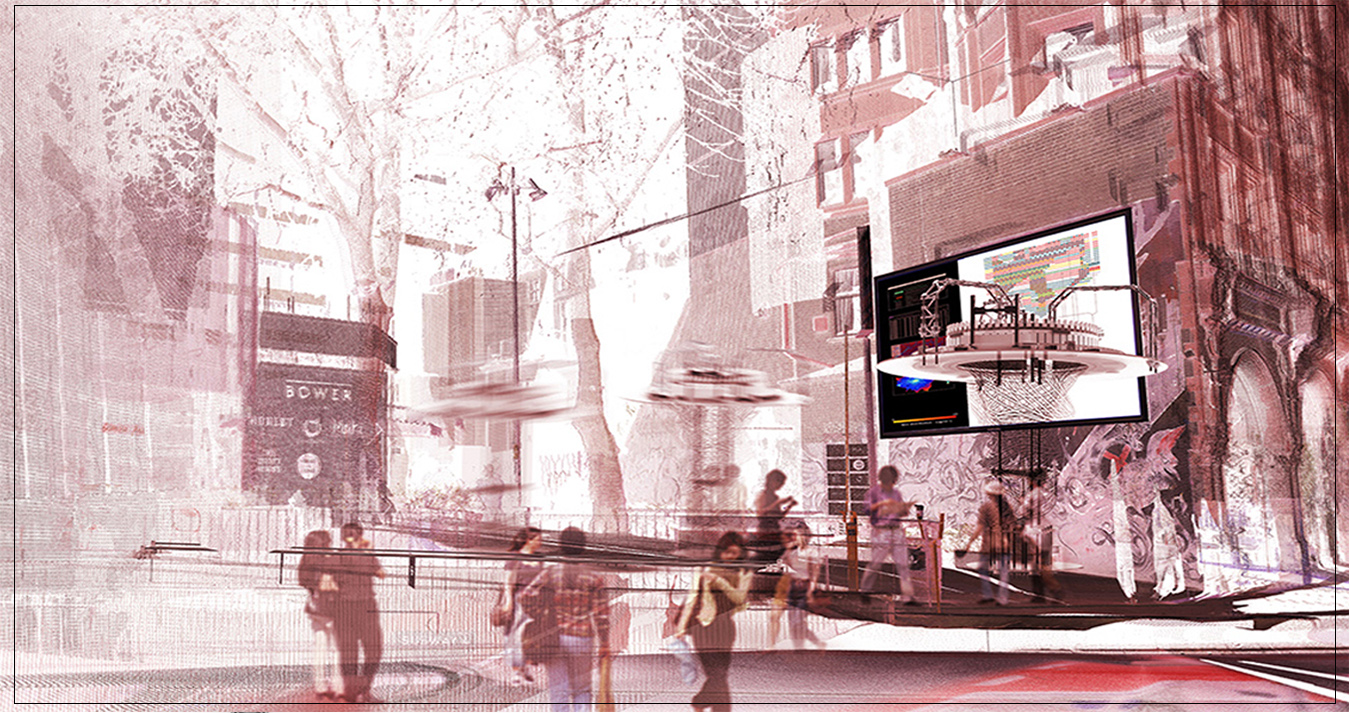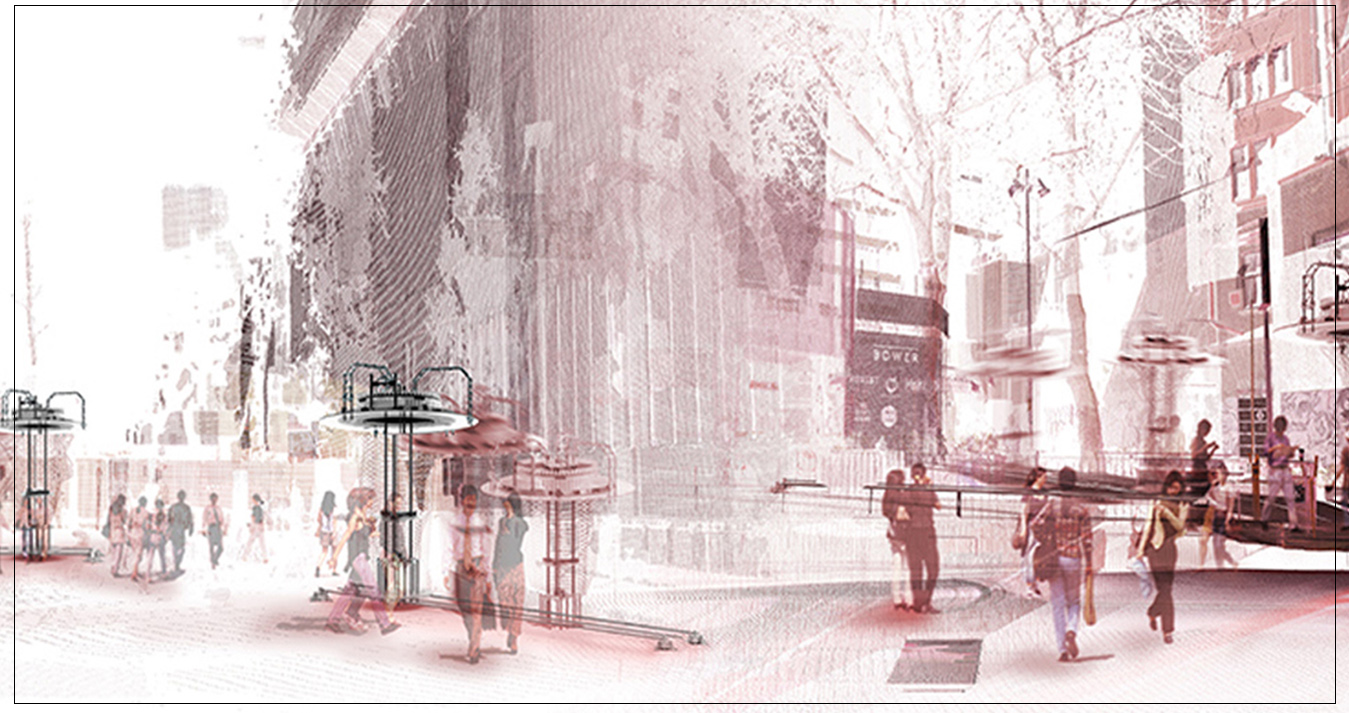Social Awareness, Air pollution
Web communities are virtual worlds where peo- plemay meet and interact. This interaction may take different forms: sharing data, participating to collaborative tasks, organizing events and ac- tivities, entertaining, etc. The incredible spread of Web communities is a recent, and still growing, phenomenon. According to recent statistics, the number of users of Web communities is around hundreds of millions (Facebook alone exceeds 500M of active users). Although Web communities have become a cru- cialpart of the daily life of more than 1/5 of world population, scientific research in such area has begun quite recently, and many problems remain open. In addition to the well-known issues relat- ed to distributed systems (concurrency, hetero- geneity, mobility, security, etc.), Web community services are typically provided on a “best effort” basis, without any concrete guarantees e.g. about how privacy issues are dealt with, about the poli- cieswhich regulate the interaction among users. A further problem is the lack of sound, well-es- tablishedmethodologies and tools for the devel- opmentof Web community services. This makes expensive to create and customize communities which have specific features, and which have to run on a variety of different devices, ranging from Web clients to several kinds of tablets and smart- phones. The “Social Glue” project aims at studying and experimenting new specification, analysis and development techniques for Web communities. Specific goals include: -Models, policies and mechanisms for enforc- ingsecurity and privacy properties; -Study of collective behaviorwhich regulate the dynamics of Web communities; -Modular development techniques and tools for Web communities; -Interaction and integration with mobile platforms.
- [year] 2017
- [credits] Shicheng Du&Jijia Zhang
- [Design Tutors] Enriqueta Llabres Valls, Zachary Flucker
- [H+T Tutor] Nuria Alvarez
Social Awareness, Air pollution
Web communities are virtual worlds where peo- plemay meet and interact. This interaction may take different forms: sharing data, participating to collaborative tasks, organizing events and ac- tivities, entertaining, etc. The incredible spread of Web communities is a recent, and still growing, phenomenon. According to recent statistics, the number of users of Web communities is around hundreds of millions (Facebook alone exceeds 500M of active users). Although Web communities have become a cru- cialpart of the daily life of more than 1/5 of world population, scientific research in such area has begun quite recently, and many problems remain open. In addition to the well-known issues relat- ed to distributed systems (concurrency, hetero- geneity, mobility, security, etc.), Web community services are typically provided on a “best effort” basis, without any concrete guarantees e.g. about how privacy issues are dealt with, about the poli- cieswhich regulate the interaction among users. A further problem is the lack of sound, well-es- tablishedmethodologies and tools for the devel- opmentof Web community services. This makes expensive to create and customize communities which have specific features, and which have to run on a variety of different devices, ranging from Web clients to several kinds of tablets and smart- phones. The “Social Glue” project aims at studying and experimenting new specification, analysis and development techniques for Web communities. Specific goals include: -Models, policies and mechanisms for enforc- ingsecurity and privacy properties; -Study of collective behaviorwhich regulate the dynamics of Web communities; -Modular development techniques and tools for Web communities; -Interaction and integration with mobile platforms.



